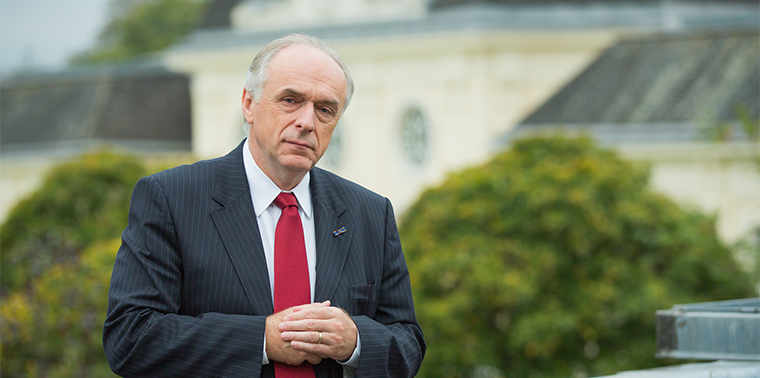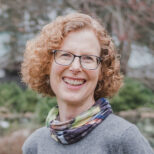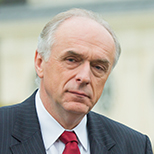November 9, 2015 — Scientists can be very good at creating new knowledge in a specific topic area, then dropping it with a thud into policy-makers’ laps, trusting they will figure out how to use it to solve problems. Not so fast, says Pavel Kabat, director general of the International Institute for Applied Systems Analysis, a 43-year-old international organization that brings researchers together across 23 nations to guide public policy. Kabat argues that science needs to stay as a partner at the policy-making table, crossing disciplines and sectors and synthesizing knowledge to create efficient, sustainable solutions.
Recently Ensia asked Kabat about “The World in 2050,” a new project aimed at developing integrated, science-based approaches to achieving the just-minted Sustainable Development Goals. The initiative is a collaboration among IIASA, the Stockholm Resilience Center, the Earth Institute, the Sustainable Development Solutions Network, and the Alpbach-Laxenburg Group, with an initial project group of 30 institutions including the Organisation for Economic Co-operation and Development and the International Monetary Fund.


